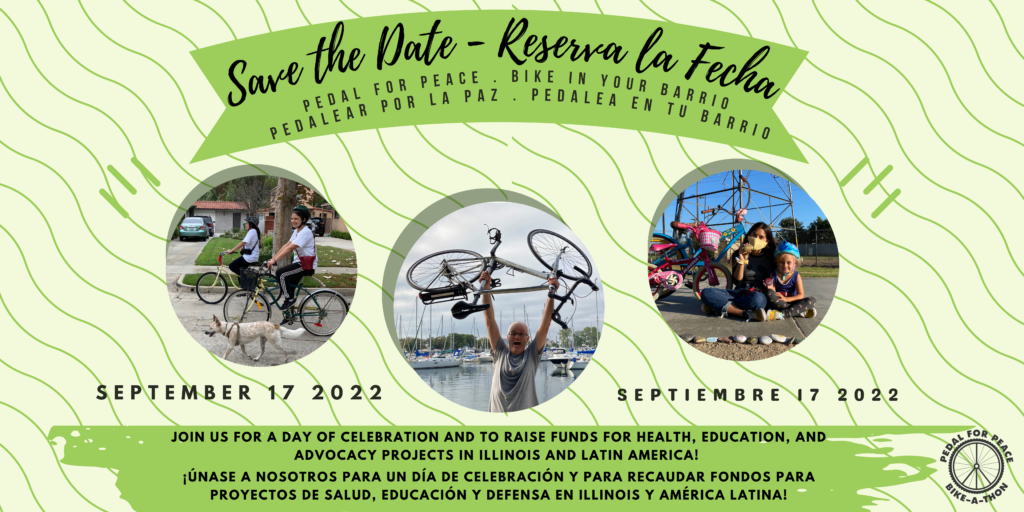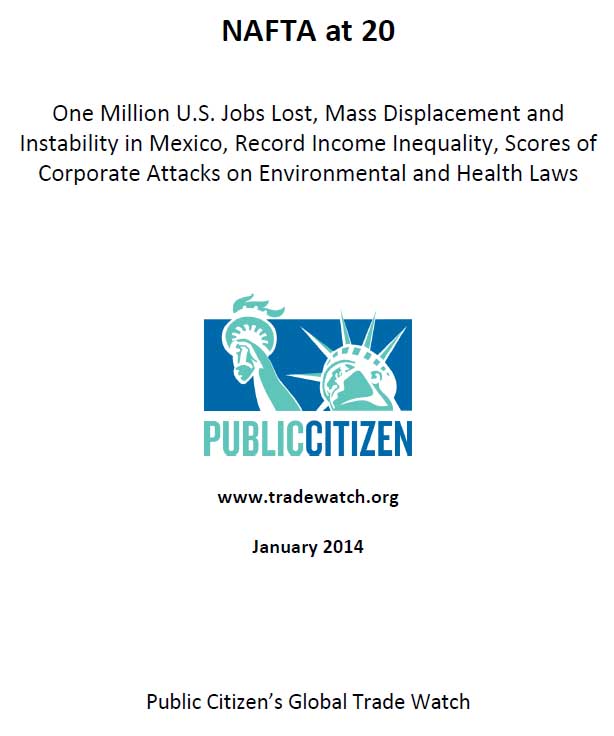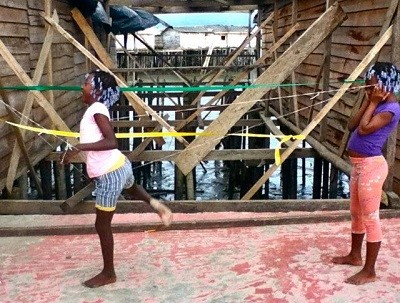
ACTION ALERT: Now is the time!
Call Your Senators EVERY DAY until Immigration
Reform Passes!
Call
1-866-940-2439
(or
202-224-3121)
Feel free to use this sample script:
“I am from [City, State, Congregation], and as a person of faith, I urge the Senator to vote YES for the bipartisan immigration reform bill. I urge the Senator to protect the refugee and asylum provisions from negative amendments, and to support amendments that would reunite families, reform enforcement practices to be more humane, and make the path to citizenship more accessible.”
Background:
The Senate will be considering amendments to the bipartisan immigration reform bill as early as
Monday, June 10th, and voting on the bill in late June. Key amendments will be
considered regarding who is eligible for the path to citizenship, social
services available to immigrants, intrusive enforcement practices and border
militarization, and changes that could negatively impact refugees and asylum
seekers. We need 60 votes to pass positive amendments; 41 votes to defeat
negative amendments; and a final 60 votes for immigration reform to pass in the
Senate.
Amendments will be considered very quickly, so it’s important that your Senators hear from you NOW and EVERY DAY until the Senate passes immigration reform! Your Representatives
also need to hear from you, as many worry that the House will not support a
pathway to citizenship for our undocumented community members. You can find
your Senators and Representatives’ direct contact information at
www.senate.gov
and
www.house.gov
.
During the amendment process, we made more than 3,000 calls, and were a big part of
defeating the worst amendments and gaining modest improvements to the bill. We
need to escalate the number of calls made during the upcoming debate and vote
on the Senate floor. ALL Senators must hear from their constituents who support
immigration reform that reform must prioritize family unity and create a clear
and accessible pathway to citizenship.
Call
1-866-940-2439
to be connected with your Senators.
Feel free to use this sample script:
“I am from [City,
State, Congregation], and as a person of faith, I urge the Senator to vote YES
for the bipartisan immigration reform bill. I urge the Senator to protect the
refugee and asylum provisions from negative amendments, and to support
amendments that would reunite families, reform enforcement practices to be more
humane, and make the path to citizenship more accessible.”
Follow @CRLN_LA on Twitter and “like” the CRLN-Chicago Religious Leadership
Network on Latin America or Chicago New Sanctuary
Coalition on Facebook to receive the most up-to-date alerts on amendments being
considered in the Senate floor debate. Find Your Senators’ Twitter names on their websites
http://www.senate.gov and urge them to vote YES on S.744 by tweeting @[their twitter
name].
Ex: “@Sen_JoeManchin As a
West Virginian & person of faith I urge you to support #pathtocitizenship #immigration
reform #cir”
Also, consider writing
a letter to the editor of your local newspaper in support of immigration
reform, urging your Senators and Representatives to be champions for family
unity, refugees and asylum seekers, a pathway to citizenship, and more humane enforcement
practices. Host prayer vigils and other faithful actions near your Senator or
Representatives’ office, and get your community involved by writing letters and
spreading this alert far and wide. For resources and more information, go to
www.crln.org.








